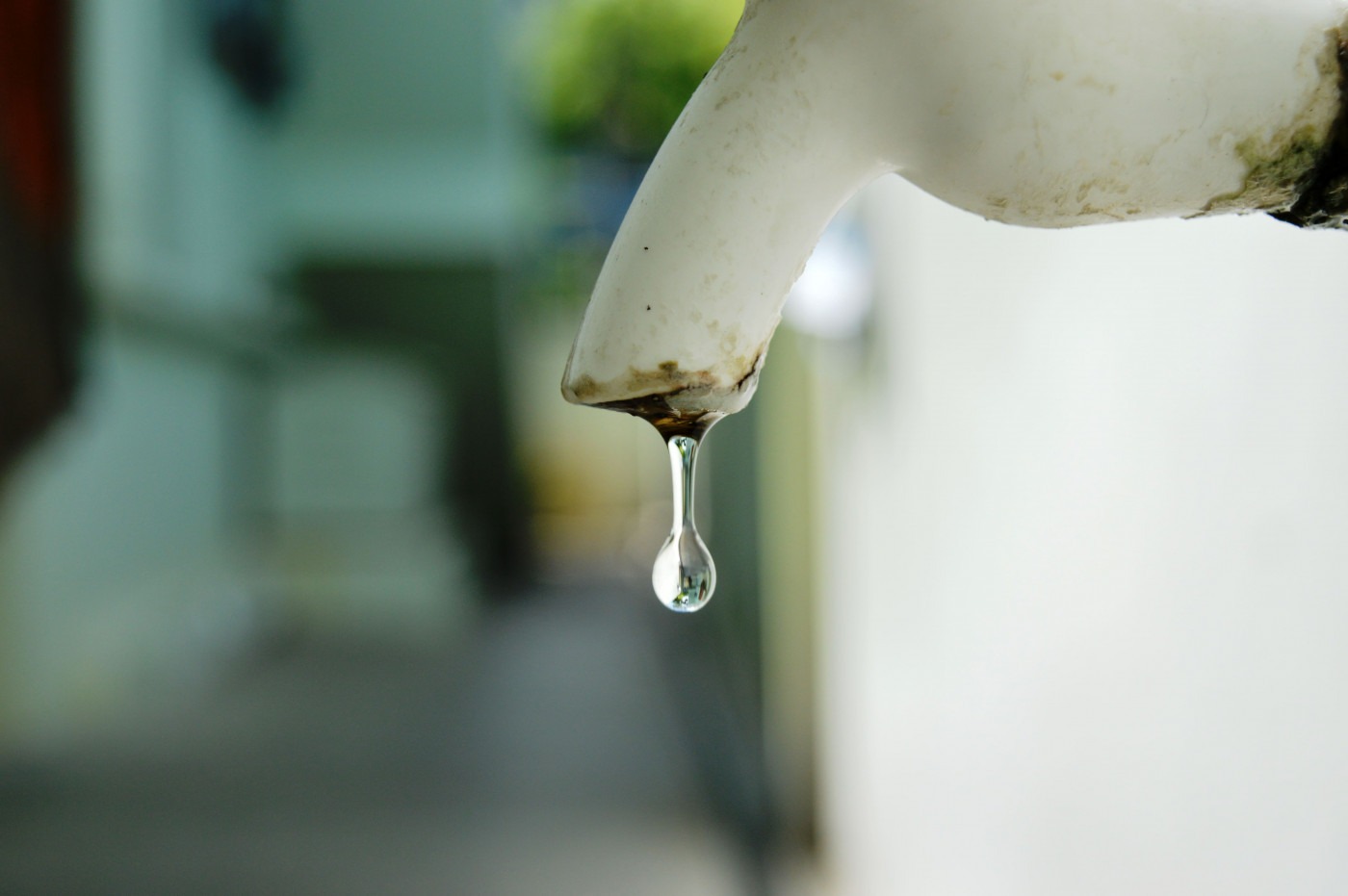Bonuses flow amid sewage overflow: inside water firms’ £9.1m payouts
Bonuses awarded to water executives have risen to £9.1m despite record sewage discharges and a mass of financial woes.
The executives of the criticised water companies received over £20m in total compensation when including basic pay, pension contributions and bonuses. Overall, bonuses increased from £9.013m last year to £9.127m this year, according to analysis of company filings by the Liberal Democrats.
Since its privatisation in 1989 with no debt, Thames Water has become one of the most heavily indebted British water companies, amassing debt equal to 80% of the business’ value.
With debt amounting to £15bn, it may only have sufficient liquidity left to run water operations for the next eight months, creating fear for its 8,000 employees and 16 million customers.
Thames Water has stated that bills need to rise by 59% between 2025 and 2030. Without this bill increase, they believe the business will not be able to recover from its financial issues.
Despite Thames Water teetering on the edge of bankruptcy and nationalisation, executive bonuses nearly doubled, increasing from £746,000 in 2022/23 to £1.3m in 2023/24.
Last year, sewage was discharged for more than 3.6 million hours into rivers and seas
However, the largest offender is Severn Trent, who paid their three executives over £3 million in bonuses alone.
Last year, sewage was discharged for more than 3.6 million hours into rivers and seas, a 105% increase on the previous 12 months. Under current rules, water companies are only allowed to discharge sewage from storm overflows when there is heavy rain and under strict supervision.
For Ofwat, which has been under pressure to intervene further in the water industry, the combination of a lack of investment in infrastructure, the current environmental malpractice, and the significant financial gain of executives will only increase demands on them and the government.
“It is a national scandal that these bonuses are being paid out by firms who disgustingly pollute rivers, lakes and beaches. These executives are pocketing more every year whilst sewage levels rise. Frankly, the whole thing stinks,” the environmental spokesperson, Tim Farron MP for the Liberal Democrats said.
He continued, “These bonuses are an insult to the British public and must be banned straight away. The Liberal Democrats will push for a vote in Parliament to ban these bonuses whilst sewage continues to flow.”
The Liberal Democrats are calling for an amendment to the government’s Water (Special Measures) Bill to end water bosses’ bonuses. Currently, Labour’s new plans for legislation only prohibits bonuses for water bosses who fail to meet high standards for environmental protection, customer service, and their company’s finances.
The Liberal Democrats, however, do not believe this is enough.
The bill has been put forward as part of an initiative from the government to crack down on the financial mismanagement and sewage discharges the water industry is renowned for. In addition, the bill includes the ability to jail executives for severe infractions of environmental laws and increased compensation for customers.
there are now no UK rivers described as being healthy
Tim Farron, the environmental spokesperson also commented that, “The last Conservative government shamefully let these disgraced firms get away with it, and now the new government has to step up.”
In 2009, 25% of rivers were judged as being in good ecological condition. However, with the Conservatives taking power in 2010 and their subsequent 14 years of governance, there are now no UK rivers described as being healthy.
Austerity measures implemented by the Conservatives are a major factor in why the condition of our rivers has deteriorated significantly. As part of their scheme to help fix the budget deficit, the Conservatives reduced the Environmental Agency’s funding by 80% between 2010 and 2021. Of its thousands of staff, only 91 were qualified to inspect sewage treatment plants.
Due to these financial difficulties, the Environmental Agency increasingly had to rely on water companies self-policing. This has ultimately resulted in a lack of accountability and punishments, leaving water companies with too little supervision to ensure they are sufficiently protecting the environment.
Seven years ago, only 59% of people wanted water companies to be nationalised. Now, it has spiked to a record 82%, according to YouGov. It is clear that public disdain for private water companies is likely to mount, especially with bonuses continuing to increase.

Comments